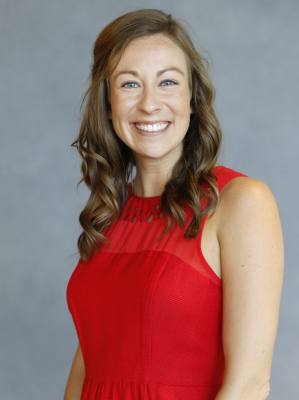The city of Dripping Springs reached a settlement agreement with all but one designated party in its effort to obtain a wastewater discharge permit from the Texas Commission on Environmental Quality in early July.
In 2015 the city approached the TCEQ seeking a permit to discharge up to 995,000 gallons of treated effluent per day. Since then, environmental groups, wastewater conservation districts and others have protested the permit. The parties that settled include environmental organizations—Protect Our Water and Save Barton Creek Association—area groundwater conservation districts and area property owners designated party status.
“From the city’s perspective, agreeing to this settlement was not a hard give,” said Dripping Springs Deputy City Administrator Ginger Faught. “We are filing for a discharge permit, but our goal is and always has been 100 percent beneficial reuse of effluent.”
Save Our Springs Alliance—the only protestant that did not join the settlement—is pursuing a contested case hearing with the city.
“Save Our Springs did not feel like the terms of the settlement agreement sufficiently protected Onion Creek, the Trinity and the Barton Springs portion of the Edwards Aquifer,” said Kelly Davis, Save Our Springs Alliance staff attorney.
Davis declined to share specific details of why the organization chose not to settle, as the hearing is ongoing as of Aug. 15.
“We don’t begrudge the other protestants in the case for settling,” she said. “We understand they did what’s in their best interest, but Save Our Springs’ mission is to protect the Edwards Aquifer and the springs that feed into it.”
Under the terms of the settlement, Dripping Springs agreed to reduce its proposed discharge limit, capped the amount of treated effluent into Walnut Springs and Onion Creek, and committed to establish a committee to help the city reach its beneficial reuse goal.
The city of Dripping Springs has been working on plans that would address area growth and expansions for over six years, Faught said. The city evaluated several options to best meet the growing wastewater needs of the community before applying for the permit.
“This settlement puts into the permit what we’ve wanted all along,” Faught said. “This wasn’t something the city conceded to; it was our vision from the beginning.”






